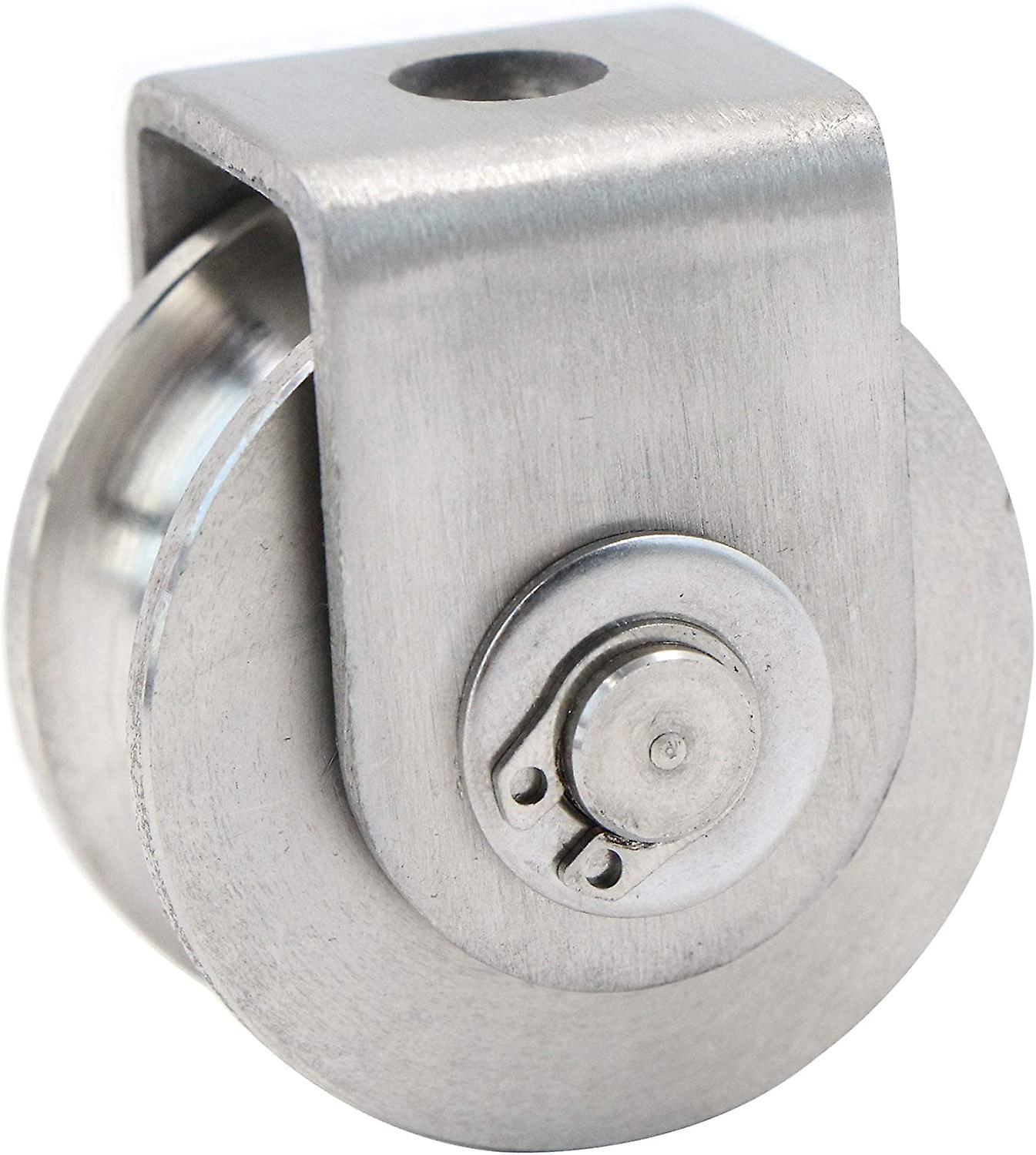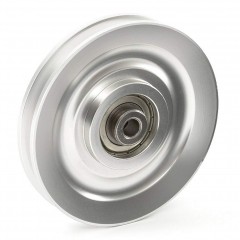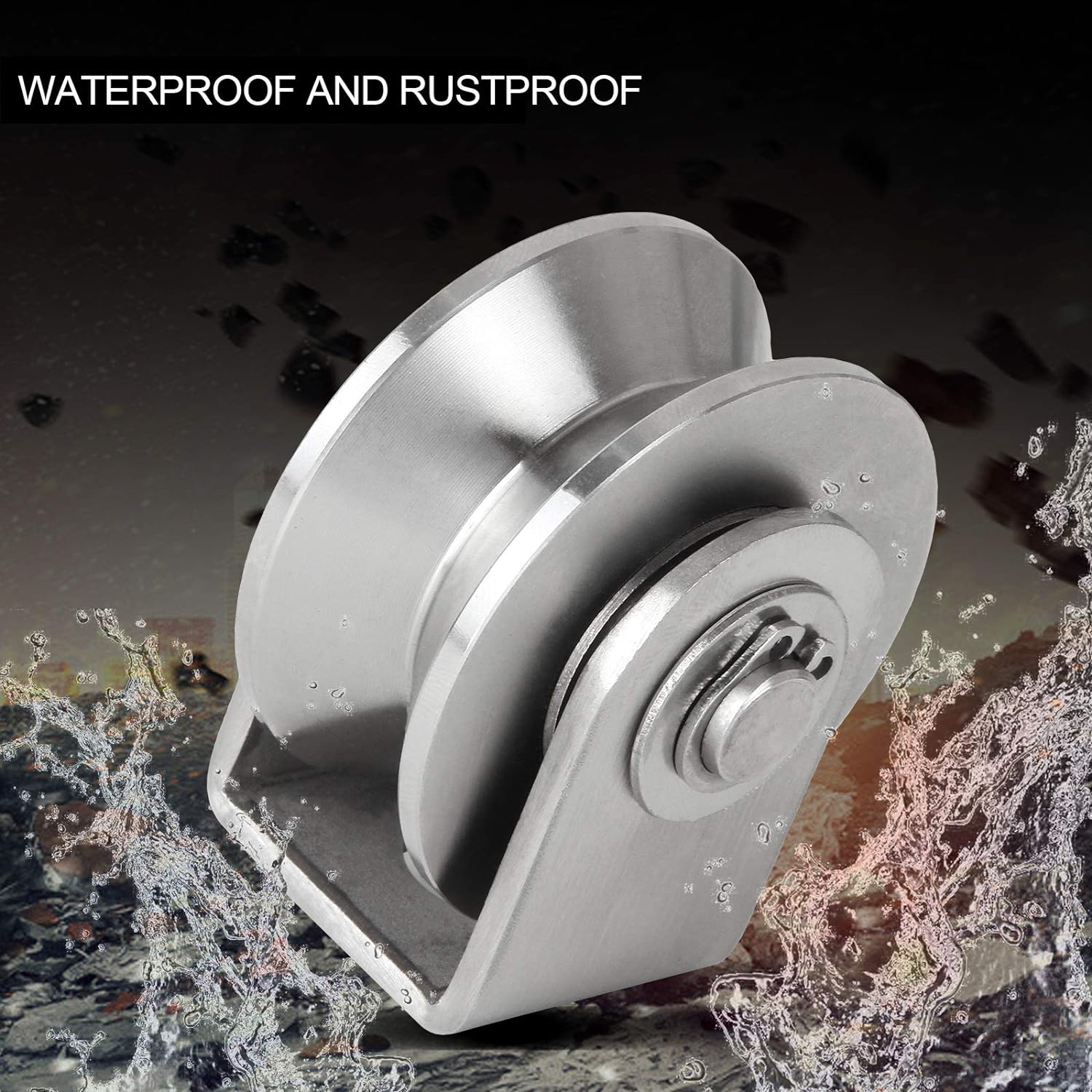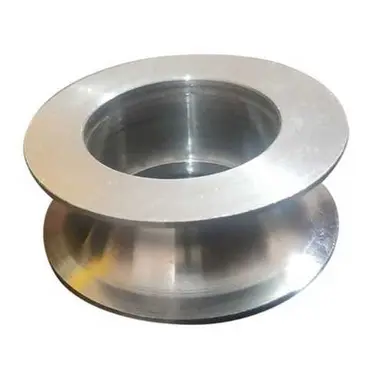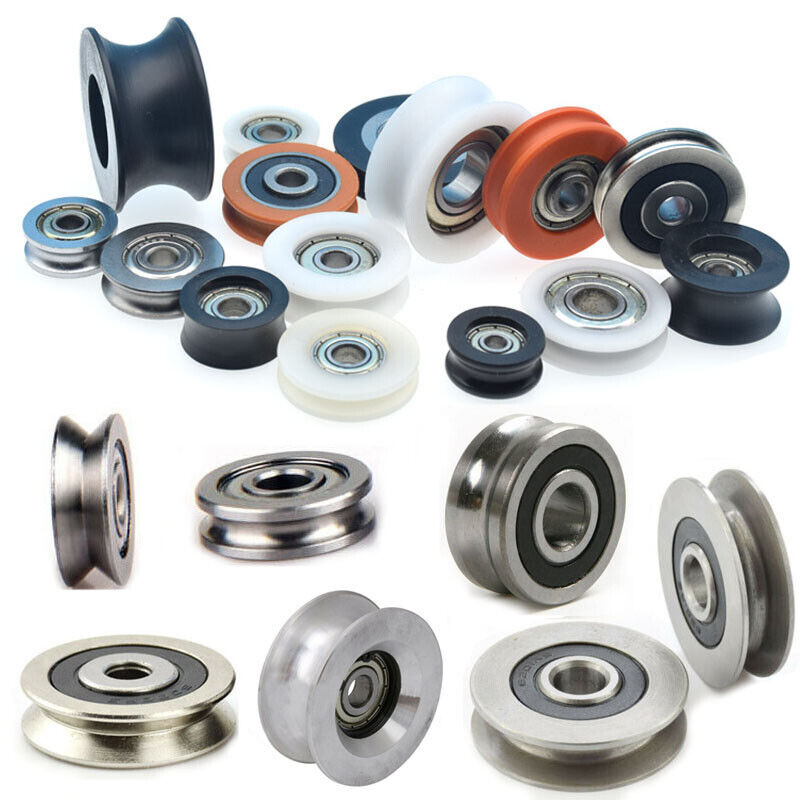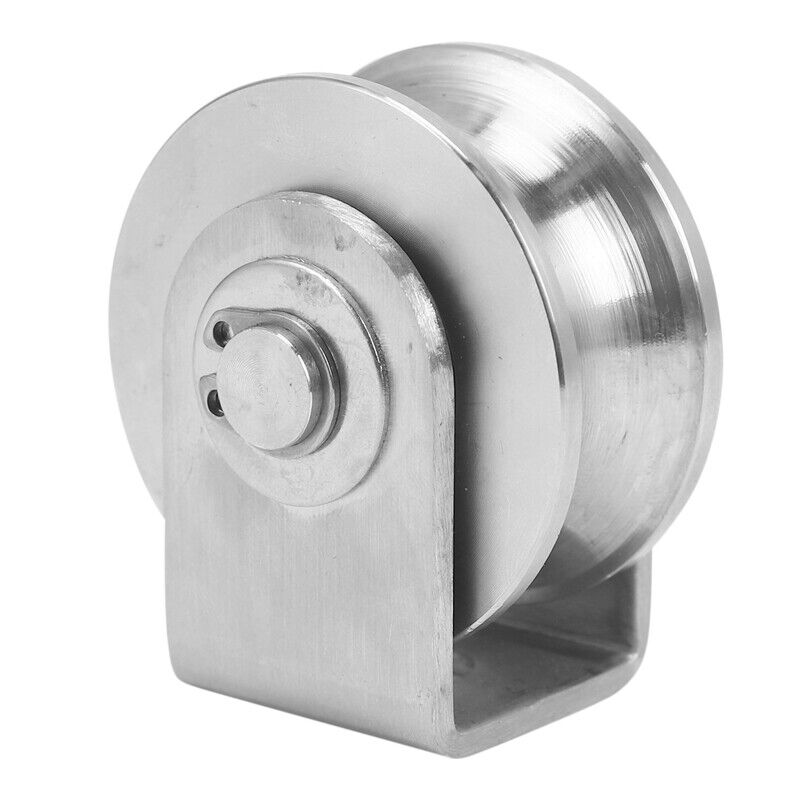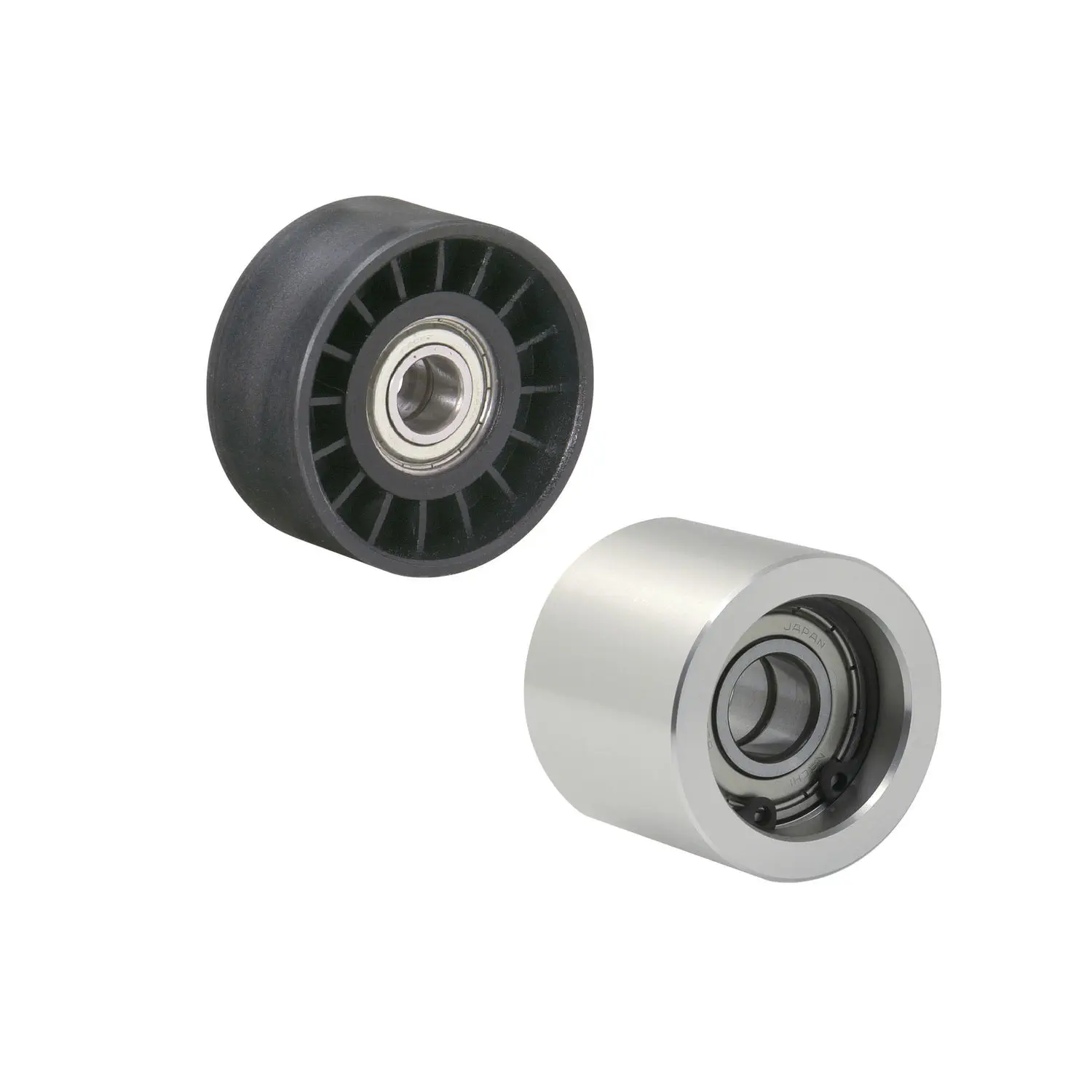Product Description
NEED TO KNOW BEFORE BUYING
Thank you for browsing our product.
All our product can be customized as per your request or as per your drawings, please feel freel to contact us any time by e-Mail for quicker respond to your inquiry.
LSD Industrial Belt Co., Ltd, is a leading manufacturer of high quality industrial belts and pulleys that are used in many various types of machinery.
We are a supplier of well known Asian manufacturers, like Media, Lesso, and others. We’re based in HangZhou City, ZheJiang Province, which is known for being a Business Incubator for high-tech industrial chains.
We regularly keep most commonly used items in stock, so we don’t have problems with filling small quantity orders.
For custom made parts, our production lead time is 3 to 30 days, depending on the raw material stock availability and the complexity of the customized items.
Apart from our own CHINAMFG brand, we also supply OEM for many well known brands during CHINAMFG seasons.
Our materials are supplied through leading enterprises in the industry, and we work closely with them to guarantee our products’ quality. As a result, the majority of our clients do remain in long term business relationships with us.
Like many Chinese factories, CHINAMFG is aiming at direct sales to international markets, and we are adding more afer sales service personnel to meet the growing needs of our clients.
Direct Sales provides mutual benefits, including cutting the cost to our overseas clients, and expanding our business into the future.
/* March 10, 2571 17:59:20 */!function(){function s(e,r){var a,o={};try{e&&e.split(“,”).forEach(function(e,t){e&&(a=e.match(/(.*?):(.*)$/))&&1
| Pulley Sizes: | Customized as Per Request |
|---|---|
| Manufacturing Process: | CNC, Casting |
| Material: | Aluminum, Casting, Stainless Steel |
| Surface Treatment: | Oxygenation |
| Application: | Chemical Industry, Grain Transport, Mining Transport, Power Plant, Industrial Machinery |
| Delivery Time: | 7-10days |
| Customization: |
Available
| Customized Request |
|---|
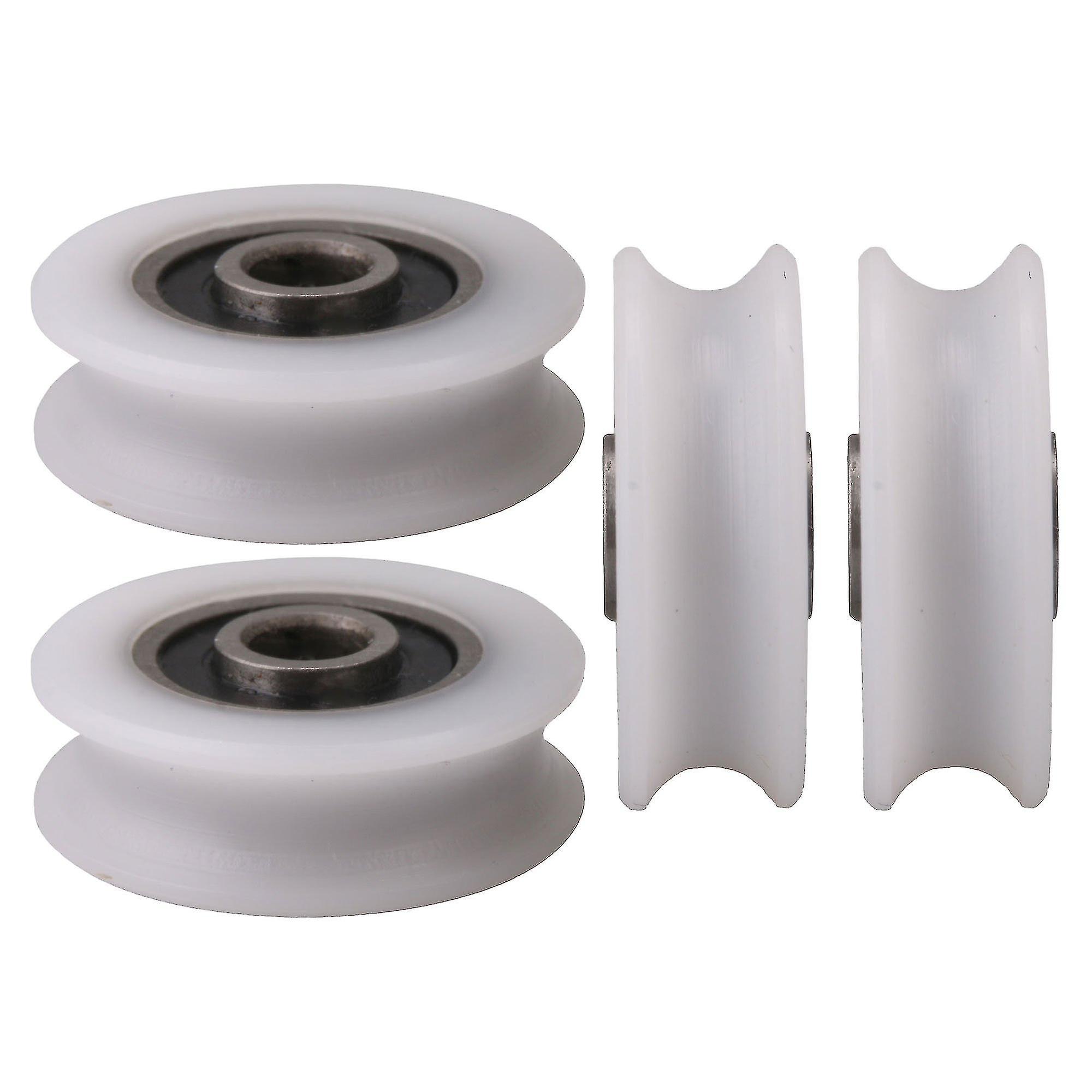
How do roller pulleys enhance the reliability and performance of conveyor systems?
Roller pulleys play a crucial role in enhancing the reliability and performance of conveyor systems. Here are several ways in which they contribute to the overall efficiency and effectiveness of these systems:
- Smooth Material Handling: Roller pulleys provide a smooth and controlled surface for materials to move along the conveyor system. The rotating rollers minimize friction and resistance, allowing for efficient and consistent material flow. This smooth handling reduces the risk of jams, bottlenecks, and product damage, resulting in improved operational reliability.
- Load Distribution: Roller pulleys distribute the weight of the conveyed materials across multiple rollers, evenly distributing the load. This load distribution prevents excessive stress on individual rollers, bearings, and other conveyor components. By distributing the load, roller pulleys help maintain the integrity of the conveyor system, minimize wear and tear, and extend the overall lifespan of the equipment.
- Reduced Power Requirements: The low rolling resistance provided by roller pulleys reduces the power requirements of the conveyor system. With less energy needed to move materials along the conveyor, the system operates more efficiently, resulting in lower energy consumption and reduced operating costs.
- Flexibility and Adaptability: Roller pulleys offer flexibility and adaptability in conveyor system design. They can be configured to accommodate various layouts, including straight sections, curves, and inclines. Roller pulleys with specialized features, such as tapered rollers or grooved rollers, can be utilized to handle specific material handling requirements. This adaptability allows for the efficient customization of conveyor systems to suit different applications and operational needs.
- Easy Maintenance: Roller pulleys are designed for easy maintenance and replacement. They are typically accessible and can be quickly replaced when necessary. Routine maintenance tasks, such as lubrication or cleaning, can be performed efficiently, minimizing downtime and maximizing the availability of the conveyor system.
- Compatibility with Automation: Roller pulleys are compatible with various automation technologies, such as robotics and automated guided vehicles (AGVs). They can seamlessly integrate with these systems, enabling the automation of material handling processes. Roller pulleys ensure precise movement and alignment, allowing for smooth interaction between the conveyor system and automated equipment.
- Scalability: Roller pulleys facilitate the scalability of conveyor systems. Additional roller pulleys can be easily incorporated to extend the length of the conveyor or accommodate increased material flow. This scalability allows for the efficient expansion or modification of conveyor systems as operational requirements evolve.
By providing smooth material handling, load distribution, reduced power requirements, flexibility, easy maintenance, compatibility with automation, and scalability, roller pulleys significantly enhance the reliability and performance of conveyor systems. They optimize material flow, minimize downtime, and contribute to the overall productivity of logistics and manufacturing operations.
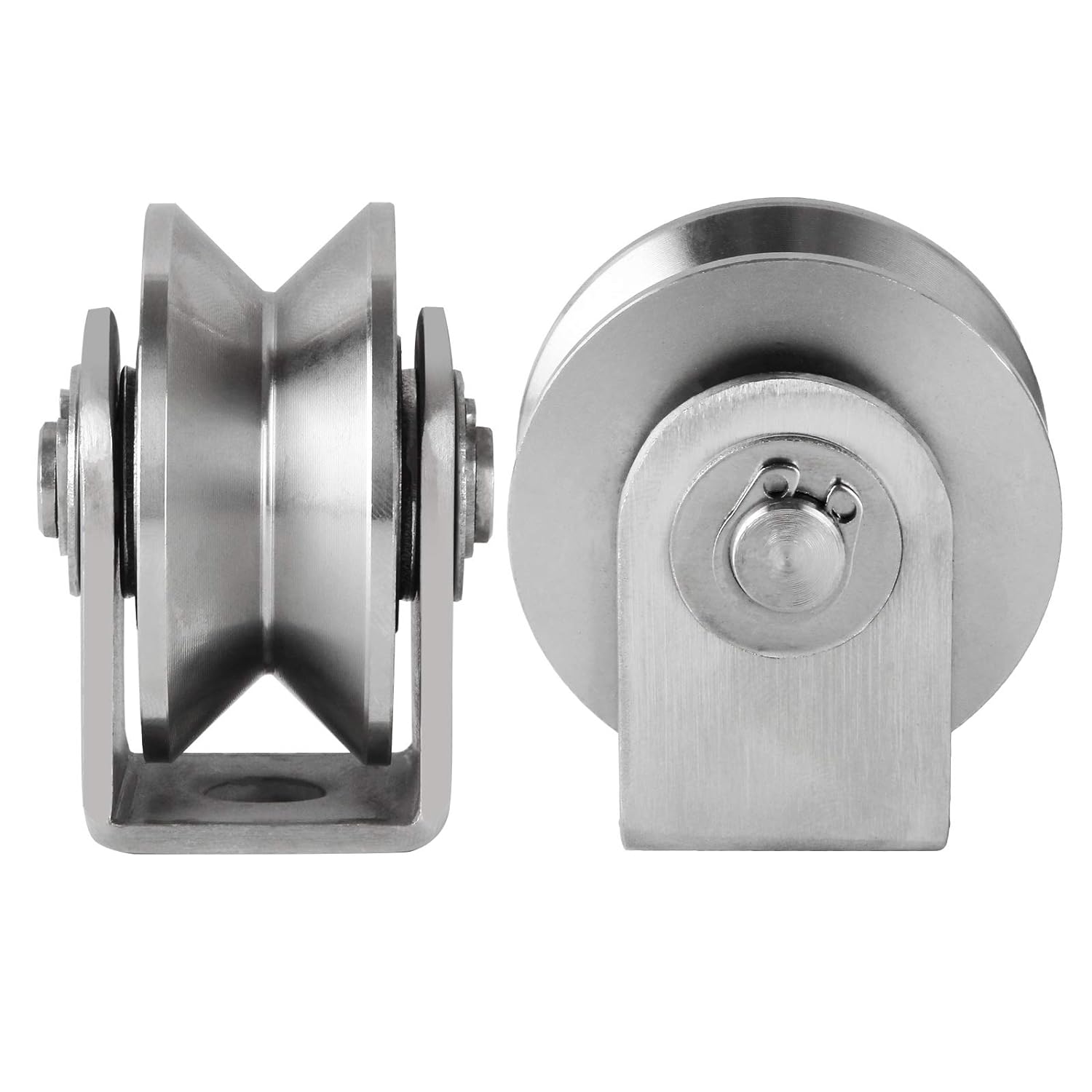
Can roller pulleys be used in various conveyor systems, including gravity and powered conveyors?
Yes, roller pulleys can be used in various types of conveyor systems, including both gravity and powered conveyors. Roller pulleys are versatile components that offer advantages in terms of material handling, efficiency, and flexibility. Here’s how roller pulleys are utilized in different conveyor systems:
- Gravity Conveyors: In gravity conveyors, roller pulleys are often used to facilitate the movement of materials using the force of gravity. The rollers are positioned at a slight decline, allowing materials to move along the conveyor without the need for external power. Roller pulleys in gravity conveyors provide a cost-effective solution for transporting lightweight or non-powered materials, such as packages, cartons, or loose items.
- Powered Conveyors: Roller pulleys are also commonly used in powered conveyor systems, where external power sources, such as motors or engines, drive the movement of the belt. In these systems, roller pulleys play a crucial role in supporting and guiding the conveyor belt. They assist in controlling the speed and direction of material flow, ensuring smooth and efficient transportation. Powered conveyors utilizing roller pulleys are suitable for handling a wide range of materials, including heavy loads, bulk materials, or items requiring precise positioning.
- Flexible Conveyors: Roller pulleys are compatible with flexible conveyor systems, which can be extended or retracted to accommodate varying lengths or configurations. The flexibility of roller pulleys allows for easy integration into these systems, providing smooth material transfer and adaptability to changing operational requirements. Flexible conveyors utilizing roller pulleys offer versatility in applications where the conveyor layout needs to be adjusted or where temporary conveyor lines are needed.
- Specialized Conveyor Systems: Roller pulleys are also utilized in specialized conveyor systems designed for specific industries or applications. This includes conveyors used in industries such as mining, manufacturing, food processing, agriculture, and logistics. Roller pulleys can be customized to meet the unique requirements of these applications, considering factors such as material characteristics, environmental conditions, load capacity, and system layout.
Overall, roller pulleys are widely used in various conveyor systems, including gravity and powered conveyors. Their versatility, reliability, and adaptability make them an essential component for efficient material handling across a diverse range of industries and applications.
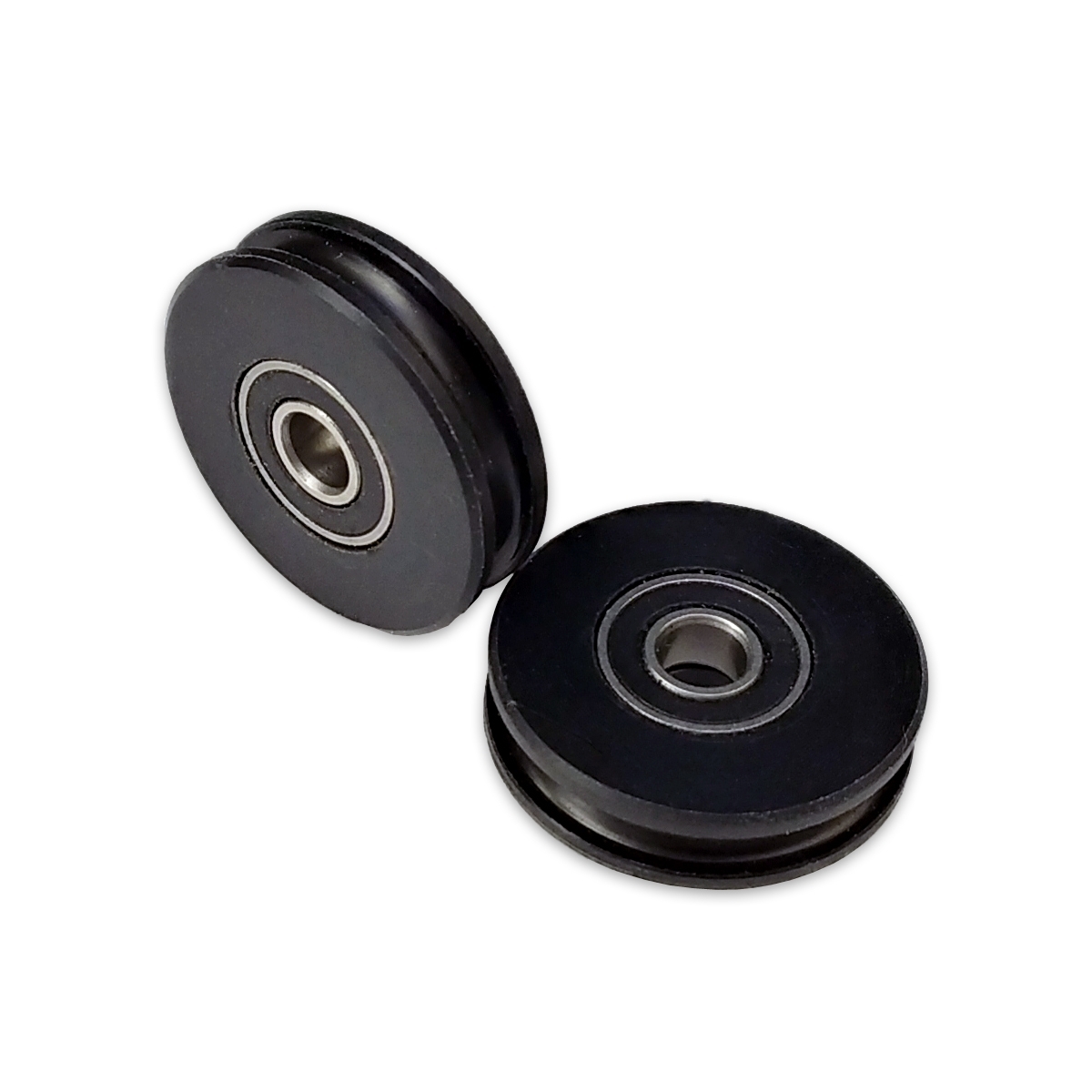
What types of rollers are typically used with roller pulleys?
Various types of rollers are commonly used in conjunction with roller pulleys to ensure the smooth movement of materials on conveyors. The specific type of roller selected depends on factors such as the application requirements, conveyor design, and the nature of the materials being transported. Here are some commonly used types of rollers:
- Gravity Rollers: Gravity rollers are simple and cost-effective rollers that rely on gravity to move materials along the conveyor. They are typically made of metal or plastic and have a series of cylindrical rollers mounted on a frame. Gravity rollers are often used in applications where materials are relatively lightweight and can be easily transported using the force of gravity.
- Drive Rollers: Drive rollers, also known as motorized rollers or power rollers, are equipped with integrated motors or driveshafts. These rollers provide the driving force to move the conveyor belt. Drive rollers are commonly used in powered conveyor systems where precise control over the movement of materials is required.
- Idler Rollers: Idler rollers are passive rollers that support the weight of the conveyor belt and the materials being transported. They are often used in combination with drive rollers or gravity rollers to provide additional support and help maintain proper belt tension. Idler rollers are available in various configurations, including troughed idlers, flat idlers, and impact idlers, depending on the specific application.
- Return Rollers: Return rollers are positioned beneath the conveyor belt to support the return side of the belt. They help maintain proper belt alignment and tension while the belt is returning back to the loading point. Return rollers are typically designed to minimize friction and ensure smooth belt operation.
- Tapered Rollers: Tapered rollers are conical-shaped rollers that are used in applications where materials need to be redirected or centered on the conveyor belt. The tapering design allows for smooth transitions and prevents materials from veering off the intended path.
- Impact Rollers: Impact rollers are specifically designed to absorb and cushion the impact of heavy or sharp-edged materials on the conveyor belt. They help protect the belt and extend its lifespan by reducing the stress and damage caused by impact loading.
These are just a few examples of the types of rollers that are commonly used with roller pulleys. The selection of the appropriate roller type depends on various factors such as the specific application, conveyor system design, and the characteristics of the materials being conveyed.


editor by CX
2024-02-04
